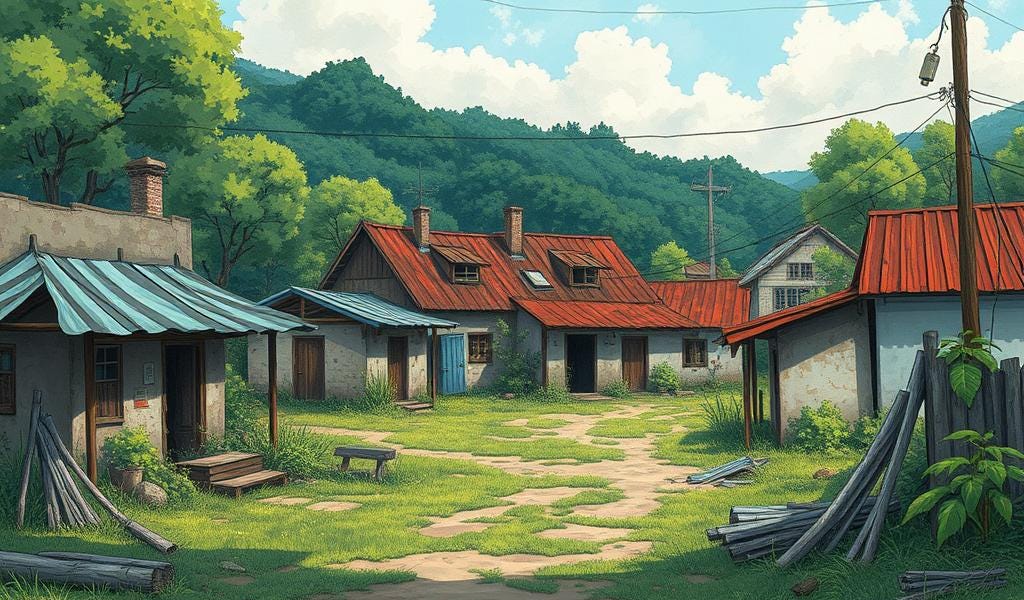Four Reformers

I had a chance last month to booze it up at Sloppy Joe’s in Key West, but by the time I came across it, I’d already guzzled enough gin to fill a Prohibition-era bathtub, so I skipped it.
Bad on me. Sloppy Joe’s was Hemingway’s haunt in the 1930s, back when he was a strutting, liquor-soaked peacock, high on daiquiris and his literary success, years removed from his time in Paris when he was a young journalist, carousing with the Lost Generation in the early 1920s.
Hemingway, Pound, Stein, Fitzgerald—those tortured souls grew up in the rosy dawn of the early twentieth century, what the historians call “la belle époque,” the banquet years. The world in those years was more optimistic about its prospects than Harvey Weinstein at a cocaine-dusted casting call.
Then came the Great War, that meat-grinder of English, French, and German youth, a blood-soaked mash-up of Lincoln’s “total war” and the shiny new toys of industrial slaughter. Ten corpses swapped for a muddy foot of ground, limbs rotting off in trench sludge. It’d be like growing up in a Norman Rockwell painting only to watch your dad ditch the family for a permanent Vegas bender, except every other dad did the same, leaving a generation of warped, hollow-eyed kids staring at the wreckage.
That kind of trauma spawns some wild s***, like the Lost Generation. But they were small-time neurotics compared to the real freak shows that followed the Great War. Like Weimar Germany’s orgiastic fever-dreams or, worse, the twisted fairy tales of Communism and Fascism and their pipe dreams with bayonets.
And then there were the Utopians.
Read the rest

Related
Scholars of esotericism identify three “models” of esoteric traditions: an “enchanted” worldview with ancient roots but flourishing in the early modern period; a wide array of “occult” currents and organizations that emerged after the Enlightenment as alternatives to traditional religion and rational science; a universal, “inner” spiritual dimension of religion as such.
D. W. Pasulka, Encounters: Experiences with Nonhuman Intelligences

